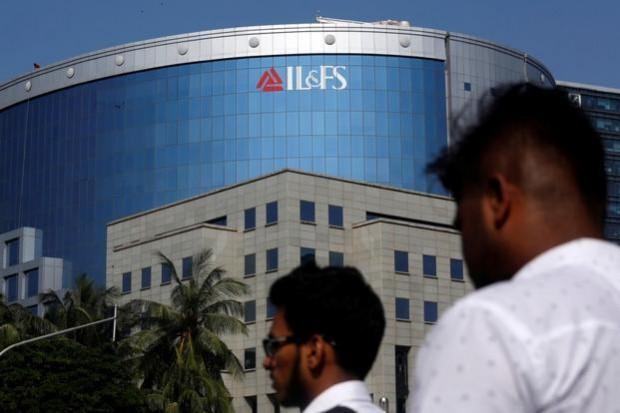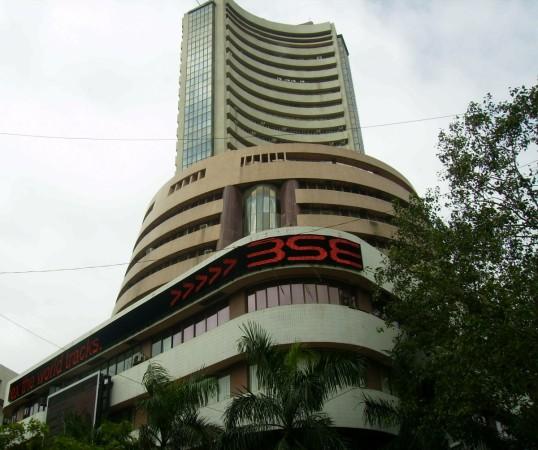
The country's $108-billion rupee-designated debt market is hurtling towards a meltdown because of sluggish growth brought on by non-banking financial companies' (NBFC) liquidity crisis and the general elections, media reports say. While the sales of highest paying rupee corporate bonds have fallen to a 2016 low in this quarter, shock defaults of groups like IL & FS have driven up spreads to 2009 levels.
The bonds underwriting industry now faces its biggest challenge since the global financial crisis, says Shashikant Rathi, bond underwriting expert at Axis Bank. "The market is in complete chaos," Rathi told Business Standard. "I haven't seen such a crisis since the 2008 Lehman bankruptcy."
A surprise rate cut by the Reserve Bank of India late last year and expectations of further easing in April have not lowered the funding costs much, with spreads on top-rated 10-year corporate paper near the highest levels since 2009, the report said. Rathi expects some respite only after the election results in May for the market to settle down and issues to pick up.
Experts say the country of $2.6-trillion economy needs a more robust bond market and the situation of the big issuers still being quasi-state enterprises needs to change. The current situation shows investors' general lack of trust in corporate houses. A proposed policy change that will make it compulsory for large companies to raise 25 per cent of their annual funding requirements from the bond market is expected to revive the debt market.
A nearly 15-per cent rise this year so far is mainly driven by state firms' issues. Deals that help bankers sustain the underwriting industry involving notes without the AAA ratings have dropped 49 per cent this quarter from the last three months of 2018, according to Bloomberg data.

Rathi sees the debt market slump as a major threat to one of the world's fastest-growing economies, affecting everyone from electronics shop owners to home buyers. That's because such business owners and consumers depend on lenders who are facing trouble getting finance. A Nomura Holdings Inc study shows non-bank financing firms have provided 30 per cent of all new loans in the economy over the past three years.
The situation is driving up the funding cost of companies with the spread on corporate notes skyrocketing. The spread of top-rated 10-year corporate paper, when compared to similar government bonds, has touched around 121 basis points, which is close to the 2009 level, according to the expert.








